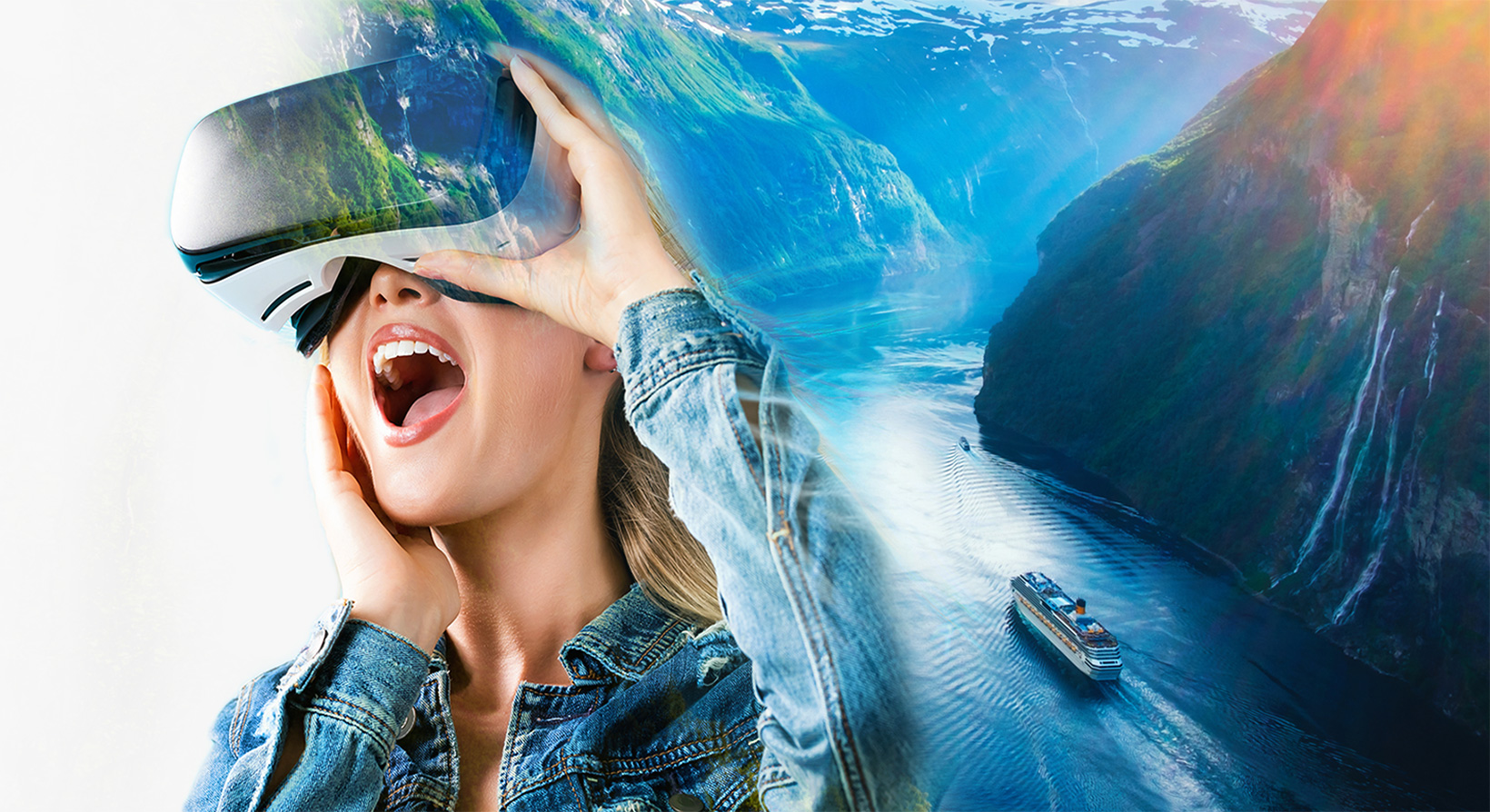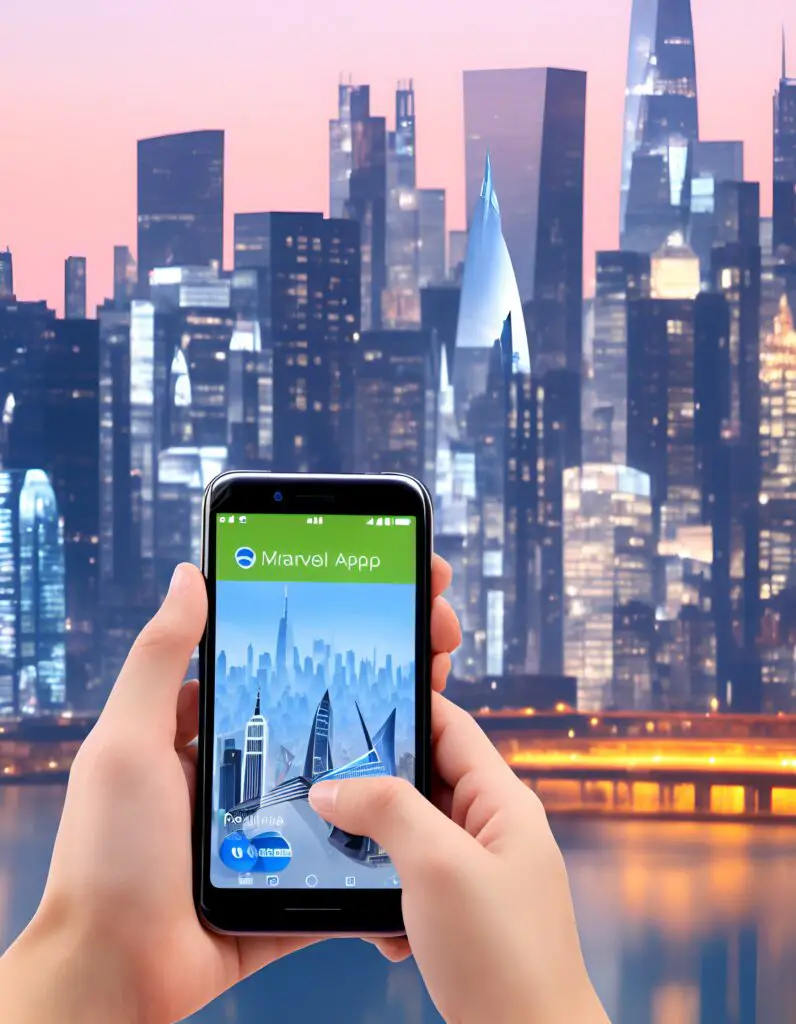AI And Tourism: Enhancing Travel Experiences Through Technology

Executive Summary

Artificial intelligence (AI) is rapidly transforming the tourism industry, offering innovative solutions to enhance traveler experiences and streamline operations. This comprehensive article explores the multifaceted role of AI in tourism, from personalized recommendations and virtual tours to automated customer service and data-driven insights. It highlights the benefits and challenges associated with AI adoption, providing valuable insights for tourism businesses and travelers alike.

Introduction
In today’s digital era, travelers seek personalized, seamless, and immersive experiences. AI plays a pivotal role in fulfilling these demands, leveraging advanced technologies to augment the tourism sector. From chatbots providing 24/7 assistance to AI-powered tour guides offering real-time information, AI is reshaping the way we plan, experience, and share our travel adventures.
Frequently Asked Questions (FAQs)
1. How does AI enhance personalized travel recommendations?
2. What are the benefits of AI-driven virtual tours?
3. How can AI improve customer service in the tourism industry?
Key Subtopics
Virtual Travel Experiences
AI-powered virtual reality (VR) and augmented reality (AR) technologies provide immersive travel experiences from the comfort of home. Travelers can virtually explore destinations, engage with attractions, and preview accommodation options before making travel decisions.
- Virtual tours: 360-degree interactive tours allow travelers to experience destinations remotely.
- AR-enhanced experiences: AR apps superimpose digital information onto real-world surroundings, enhancing on-site tourism experiences.
- VR tour simulations: Travelers can immerse themselves in realistic simulations of travel destinations and attractions.
- Personalized recommendations based on virtual experiences: AI analyzes user interactions to provide tailored travel suggestions.
Predictive Analytics and Data-Driven Insights
AI algorithms analyze vast amounts of travel data to identify trends, patterns, and preferences. This enables tourism businesses to:
- optimize pricing strategies: AI-powered algorithms predict optimal pricing based on historical data and demand forecasts.
- personalize marketing campaigns: AI analyzes traveler profiles to deliver targeted advertising campaigns.
- forecast demand: AI algorithms predict future travel demand based on historical data and external factors.
- identify growth opportunities: AI helps businesses pinpoint underserved areas and emerging trends.
Customer Service and Experience Management
AI chatbots and virtual assistants provide 24/7 customer support, answering queries, resolving issues, and providing personalized assistance. Other applications of AI in customer service include:
- Automated check-in and reservation management: AI systems streamline check-in and booking processes, reducing wait times.
- Sentiment analysis for customer feedback: AI algorithms analyze customer feedback to identify areas for improvement.
- Chatbots for multilingual support: AI-powered chatbots offer multilingual assistance, eliminating language barriers.
- Virtual tour guides with real-time information: AI-powered virtual guides provide real-time information about destinations and attractions.
Personalized Travel Recommendations
AI algorithms leverage user data, travel preferences, and historical bookings to provide highly personalized recommendations. This helps travelers:
- Discover hidden gems: AI uncovers off-the-beaten-path destinations and activities that meet traveler interests.
- Create tailored itineraries: AI generates customized itineraries based on user preferences and constraints.
- Receive recommendations in real-time: AI-powered apps provide on-the-go recommendations based on location and preferences.
- Avoid crowds: AI helps travelers avoid overcrowded destinations and attractions by suggesting alternative options.
Accessibility and Inclusivity
AI can enhance travel accessibility and inclusivity by:
- Accommodating travelers with disabilities: AI-powered assistive technologies facilitate travel planning and on-site experiences for travelers with disabilities.
- Providing translation and interpretation services: AI translation tools break down language barriers, making travel accessible to non-native speakers.
- Creating inclusive experiences: AI helps tourism businesses identify and remove barriers that may hinder access for certain groups.
Conclusion
The integration of AI in tourism is transforming the industry, creating a host of benefits for travelers and tourism businesses alike. Virtual travel experiences, predictive analytics, personalized recommendations, and enhanced customer service elevate the traveler’s journey, making it more seamless, efficient, and tailored. As AI technology continues to advance, the tourism industry will undoubtedly harness its power to further enhance travel experiences and drive growth.
Keyword Tags
- Artificial Intelligence (AI) in Tourism
- Virtual Reality (VR) Travel Experiences
- Personalized Travel Recommendations
- AI-Driven Customer Service
- Data Analytics and Tourism Insights

